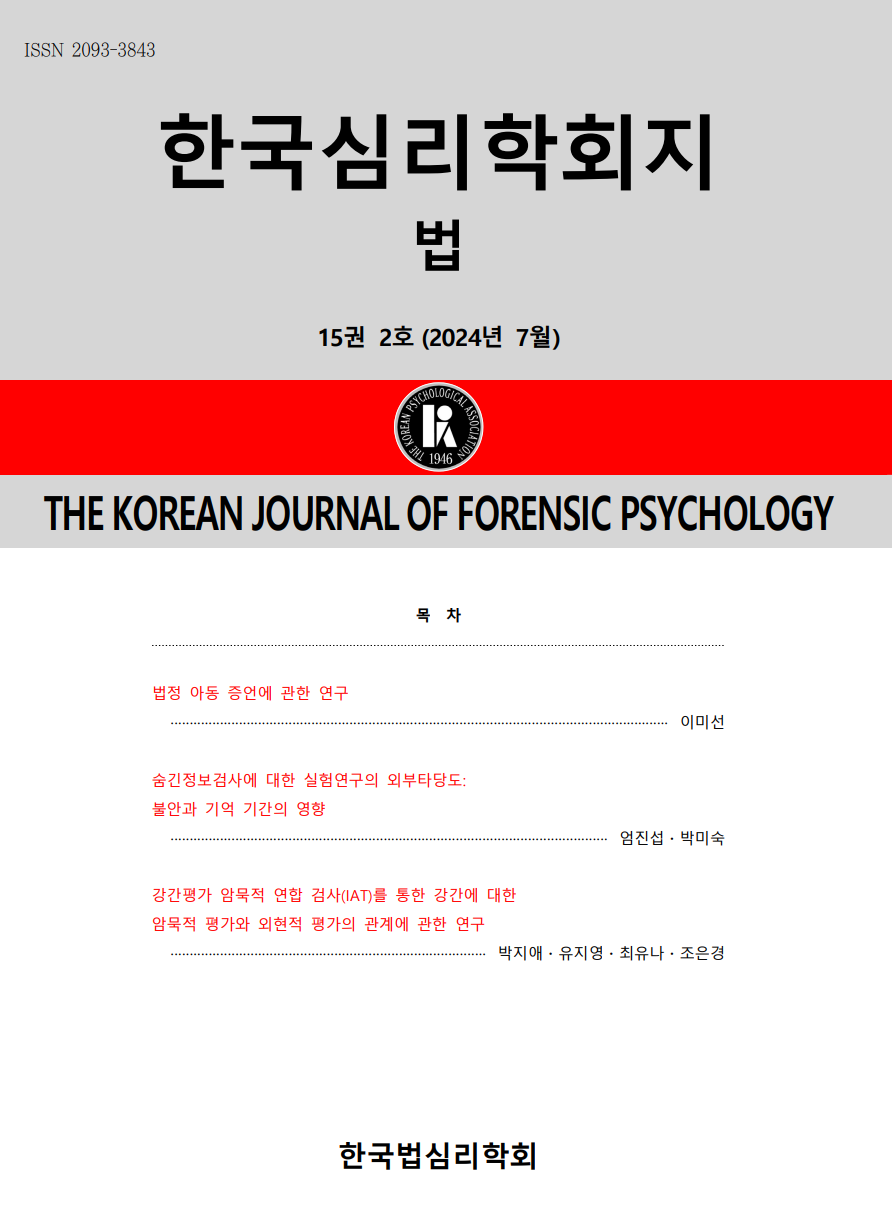open access
메뉴
open access
메뉴 ISSN : 2093-3843
ISSN : 2093-3843
This study analyzed the impact of formal deterrent effects, a component of deterrence theory, on drunk driving traffic accidents in South Korea and Japan, aiming to compare these effects in preventing drunk driving. Additionally, as a means to overcome and complement the limitations of formal deterrence, this study further compared traffic safety education, a representative psychological approach. The analysis of sentencing outcomes related to drunk driving showed that in Japan, the number of drunk driving fatalities significantly decreased with each strengthening of drunk driving-related laws, demonstrating the effect of strong law enforcement as an formal deterrent. However, while South Korea has seen a continuous decrease in drunk driving fatalities, it lacks a consistent trend, indicating that the effect of official deterrence is comparatively less significant than in Japan. However, in South Korea, the pattern of increase and decrease in drunk driving fatalities has repeated, and there has not been a significant decrease even after the amendment of the Yoon Chang-ho law, indicating that the effect of official deterrence is comparatively less significant than in Japan. The study also emphasized the need for a psychological approach to supplement the limitations of deterrence effects and compared traffic safety education in both countries. Both countries have developed and implemented traffic safety education based on psychological theories, yet showed several differences. Notably, it was found that Korea offers more effective traffic safety education for individuals with a history of drunk driving, i.e., habitual drunk drivers, than Japan. Therefore, this study proposed the importance of mutual complementarity between official deterrence and psychological approaches to prevent drunk driving and habitual drunk driving. Finally, the study presented its recommendations and limitations.